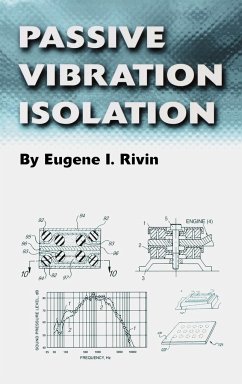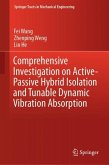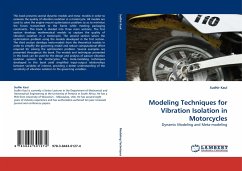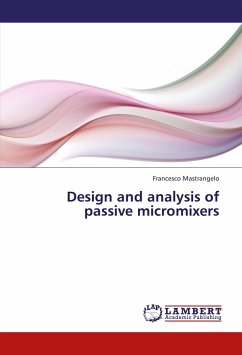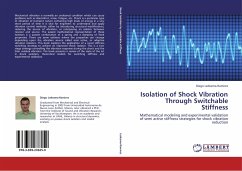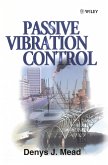Provides background theory and practical solutions for engineers that face vibration problems causing equipment failure, downtime, and extra maintenance costs. It emphasizes proven, effective techniques that are not yet widely used on equipment for microelectronics, MEMS, and nanotechnology, as well as process plants, power generation, oil, gas, petrochemicals, and other industries. Vibration isolation is a vibration control technique in which the source of vibration excitation and the object to be protected are separated by an auxiliary system comprising special devices called vibration isolators or vibration isolating mounts. The four chapters of the book describe: basic analytical tools for designing such systems principles and criteria for assigning principal parameters (natural frequencies and damping values) necessary for successful functioning of passive vibration isolation systems for major groups of objects (vibration-sensitive objects, vibration-generating objects, general purpose machinery) static and dynamic characteristics of the most widely used materials for vibration isolators basic designs of vibration isolators for various applications Addressing practitioners, the book offers problems and solutions relevant not only to the isolation of stationary sensitive equipment, but also to civil engineering and transport applications. Today, tolerances on acceptable levels of vibration are becoming more stringent, just as the number and intensity of vibration sources is increasing - for example, as machine operating speeds become faster, or cutting inserts in machine tools improve to allow heavier cuts. Passive Vibration Isolation enables practitioners to make better informed and more effective choices when solving vibration problems.
Hinweis: Dieser Artikel kann nur an eine deutsche Lieferadresse ausgeliefert werden.
Hinweis: Dieser Artikel kann nur an eine deutsche Lieferadresse ausgeliefert werden.

